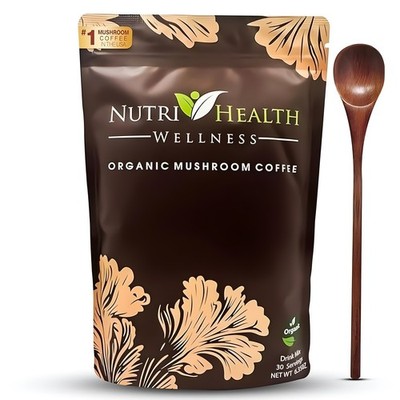Blog
How to Make Coffee Taste Good But Healthy, Too
There are plenty of ways to add flavor and increase the nutritional value of coffee without packing on too many calories and fat, and many of these additives also offer health benefits. From cinnamon and vanilla extracts, to TikTok trends such as adding salt for extra savory notes – here are a few ideas on how you can add more taste while staying on track with health.
When it comes to making delicious and nutritious coffee, start by selecting quality roasted and freshly ground beans. Take the time to grind your beans just before brewing so as to extract all of their most flavorful and health-promoting compounds; consider using a hand-held grinder for finer ground beans that produce maximum flavor while providing more health-promoting polyphenols from your beans.
Make sure your water temperature is just below boiling; Chris Clark of Brew Coffee at Home suggests an ideal range between 195 and 205 degrees Fahrenheit for optimal extraction of healthful compounds from coffee. When selecting beans to purchase, be mindful of varieties grown at high altitudes containing higher levels of antioxidant chlorogenic acid.
Your milk choice can influence both its taste and health benefits when making coffee, including both flavor enhancement and weight management. Skim milk offers reduced calories and fat content than whole or 2% milk while still creating a creamy texture to enhance flavors of your brew. But for an indulgent experience, combine whole milk and coconut oil for the creamiest coffee drink experience possible – you only need about a tablespoon each!
Peppermint extract offers a minty boost when mixed into your beverage of choice, providing essential antioxidants while soothing indigestion, headaches and bad breath symptoms. Cocoa powder also boosts mood-lifting effects – with low fat but abundant minerals such as iron and potassium content for additional mood-enhancing power!
Blackstrap molasses is an excellent way to add sweetness without increasing calories and saturated fat intake, packed with copper, magnesium, calcium, iron and other vital minerals which may support bone strength and energy levels. If you find that flavored drinks don’t satisfy your desire for sweetness, stevia-based products which have been scientifically demonstrated as safe for long-term consumption could provide the solution. There are also many sugar-free syrups on the market, from birthday cake to sugar-free hazelnut varieties. Just be mindful of any added sugars which could add an unnecessary number of extra calories; additionally, avoid sweeteners containing malic acid as this has been linked with tooth decay and insulin resistance.



